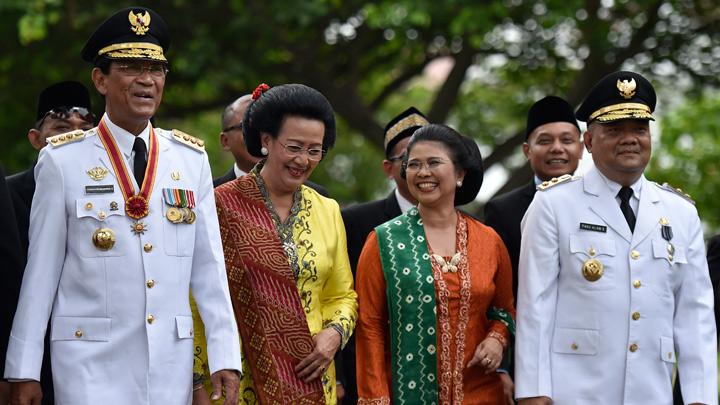Special Autonomy of Yogyakarta in the Context of Local Autonomy Law
Main Article Content
Abstract
Local government is the authority of the autonomous regions to organize and manage the interests of local people according to their own initiative based on community aspirations in accordance with the laws and regulations. In response to the demands of government reform quite quickly, it has undertaken a sufficiently fundamental breakthrough of the various laws in the political field from the centralist-autoritarian to the autonomous-democratic. After successfully compiling the three laws on the political field that became the basis of the election in 1999 the government immediately followed him with a new law in the field of special politics on power relations between the central and local, namely Law no. 22 of 1999 on Regional Government and Law No. 25 of 1999 on Financial Relations between Central and Regional. The formation of regions is basically intended to improve public services in order to accelerate the realization of community welfare as well as political education at the local level. Considerations and other conditions that enable the area to organize and realize the purpose of the establishment of the region and the granting of regional autonomy. The Government may designate special areas in the autonomous regions to carry out specific government functions that are specific to national and / or national-scale interests "special" for the interests and benefit of Indonesia. One of these special autonomous regions is the Special Region of Yogyakarta that has been recognized special autonomous region in Law No.13 of 2012 on the privilege of Yogyakarta.
Article Details

This work is licensed under a Creative Commons Attribution-ShareAlike 4.0 International License.
All writings published in this journal are personal views of the authors and do not represent the views of this journal and the author's affiliated institutions. Author(s) are retain the copyrights of the Article. However, before publishing, it is required to obtain written confirmation from Author(s) in order to ensure the originality (Author Statement of Originality). The statement is to be signed by at least one of the authors who have obtained the assent of the co-author(s) where applicable.This work licensed under a Creative Commons Attribution-ShareAlike 4.0 International (CC BY-SA 4.0)
References
Darwan, P. (2002). Pemberantasan Tindak Pidana Korupsi. Bandung: Aditya Bakti.
Law Number 13 of 2012 on the Privileges of Yogyakarta.
Poerwokoeoemo, S. (1984). Special Region of Yogyakarta. Yogyakarta: Gadjah Mada University Press.
Selosoemardjan, S. ed. (1962). Social Changes in Jogjakarta. New York: Cornell University Press.
Wahyukismoyo, H. (2004). Privileges jogja vs Democratization. Bayu Indra Grafika, Yogyakarta.
